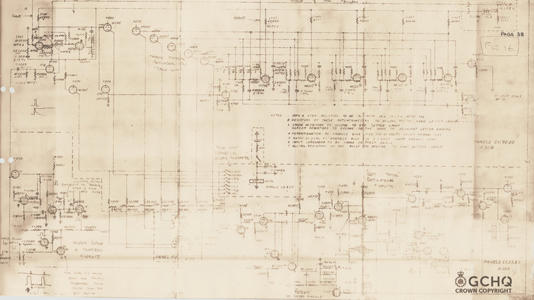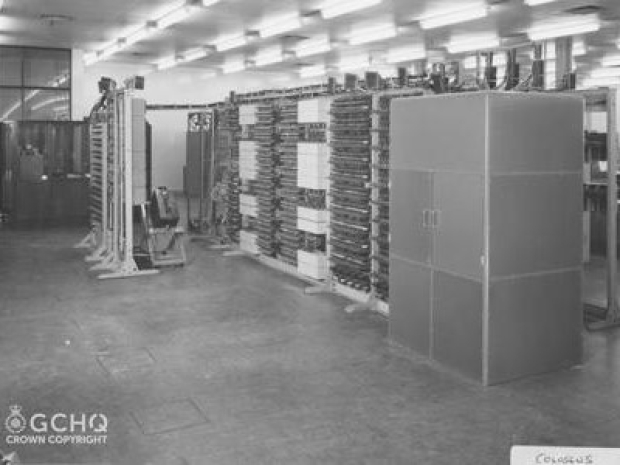The release marks 80 years since the code-cracking machines that helped the Allies beat the Nazis in World War II. The public was in the dark about computers for decades, and the UK only admitted they existed in the 2000s.
Colossus was not just one computer, but a bunch of computers made by British boffins between 1943 and 1945. These huge metal monsters were key to breaking the Lorenz code, a secret message system used by Hitler and his cronies in Europe.
The computers let the Allies read Hitler's mind, or at the very least, his communications.
The early digital machine would begin deciphering vital strategic messages between senior Nazi generals in occupied Europe during the depths of World War II, when such information was more important than ever. The efforts of Colossus even helped confirm that Adolf Hitler erroneously believed the Allies would launch the D-Day invasion from Pas De Calais. Knowing their scheme to misdirect the Nazis was successful had enabled the Allies to go forth with a bold, dangerous plan to take back Europe by storming the beaches of Normandy. At the same time, the bulk of German defences waited for them at Pas De Calais instead.
The technology behind Colossus was amazing for its time. Tommy Flowers, the genius who built it, used more than 2,500 tubes to make logic gates. While 1945's ENIAC was considered the first computer, the discovery of Colossus changed that.
GCHQ's sharing of old documents includes some snaps of the computer at different times and a letter about Flowers' brilliant work that mentions the catching of "scary German orders".
After the war, the UK government told them to destroy most Colossus machines, and Flowers had to give up all his papers. GCHQ says the Colossus tech "was so good. We still used it until the early 1960s".
In the GCHQ press release, Director Anne Keast-Butler praised Colossus' role in the UK's history of innovation: "The creativity, ingenuity and dedication shown by Tommy Flowers and his team to save the country were as important to GCHQ then as today."


